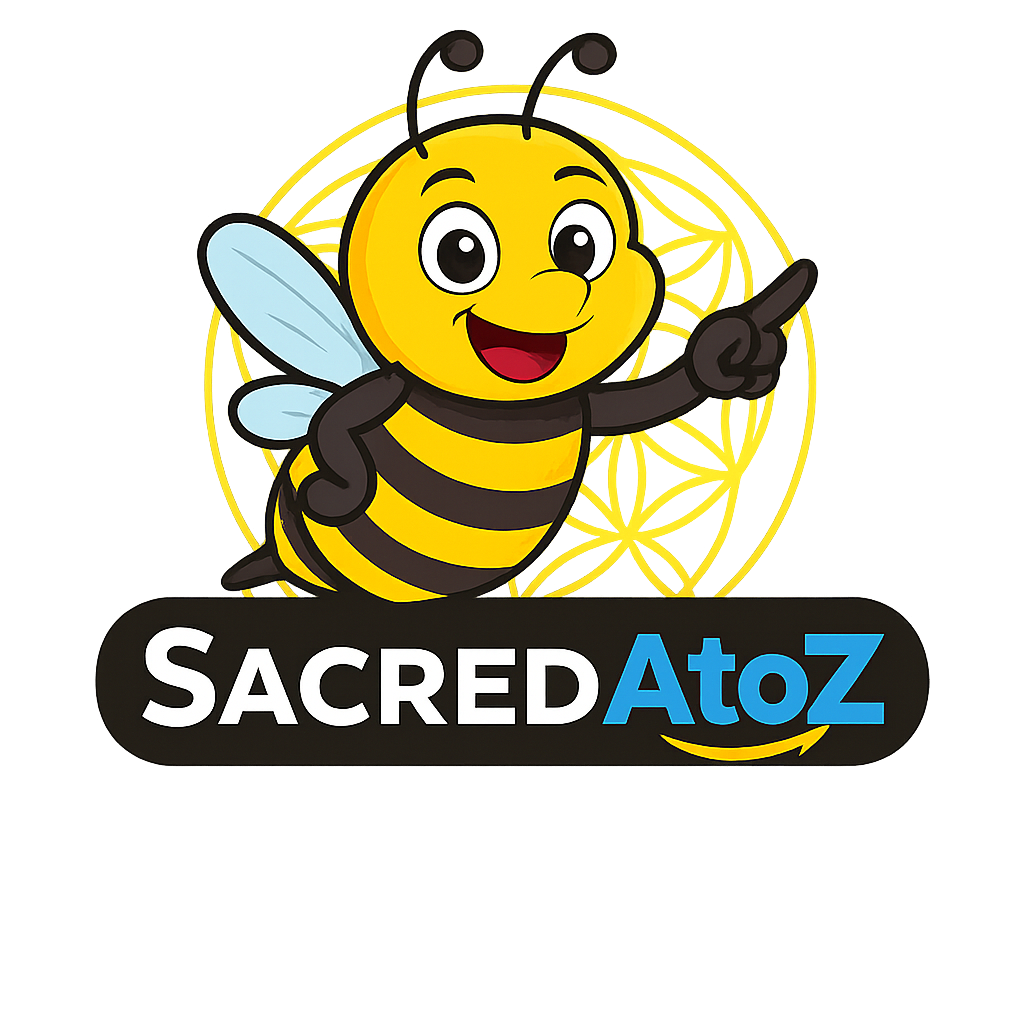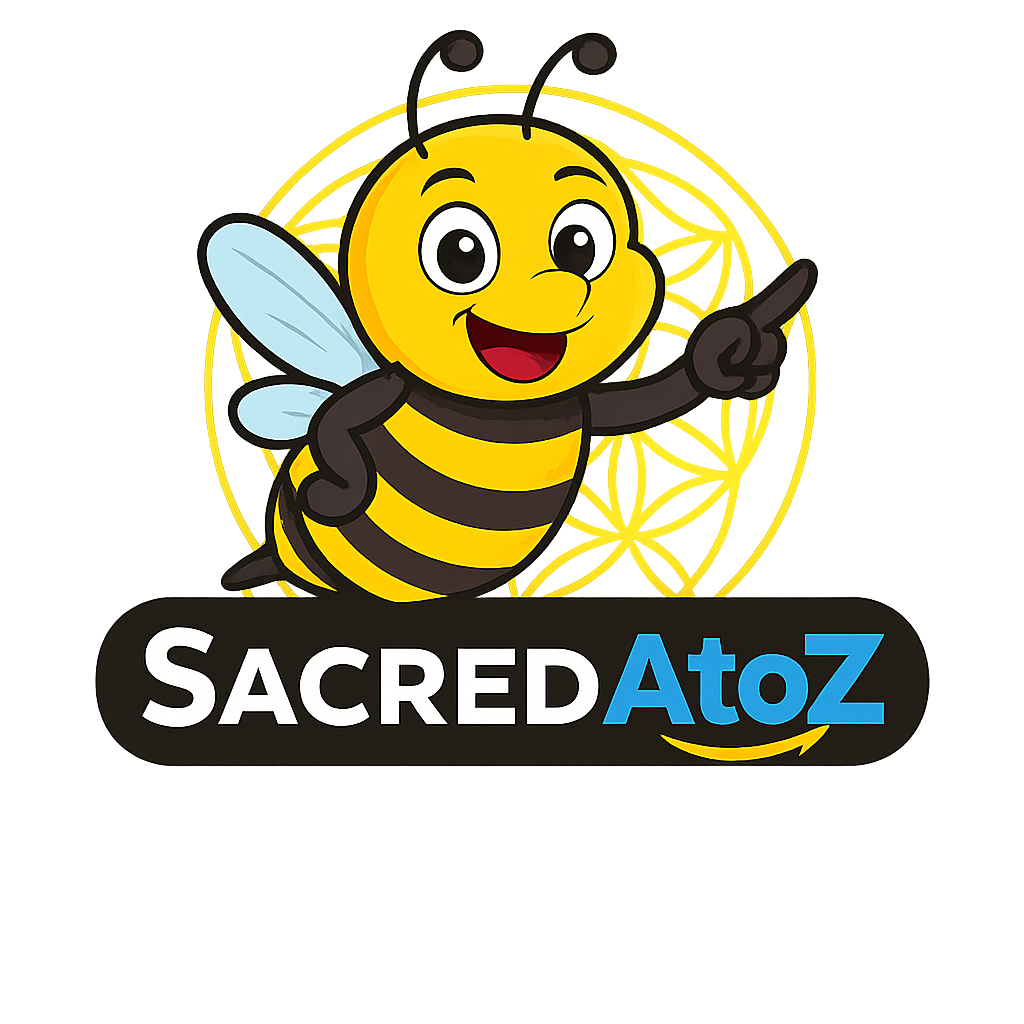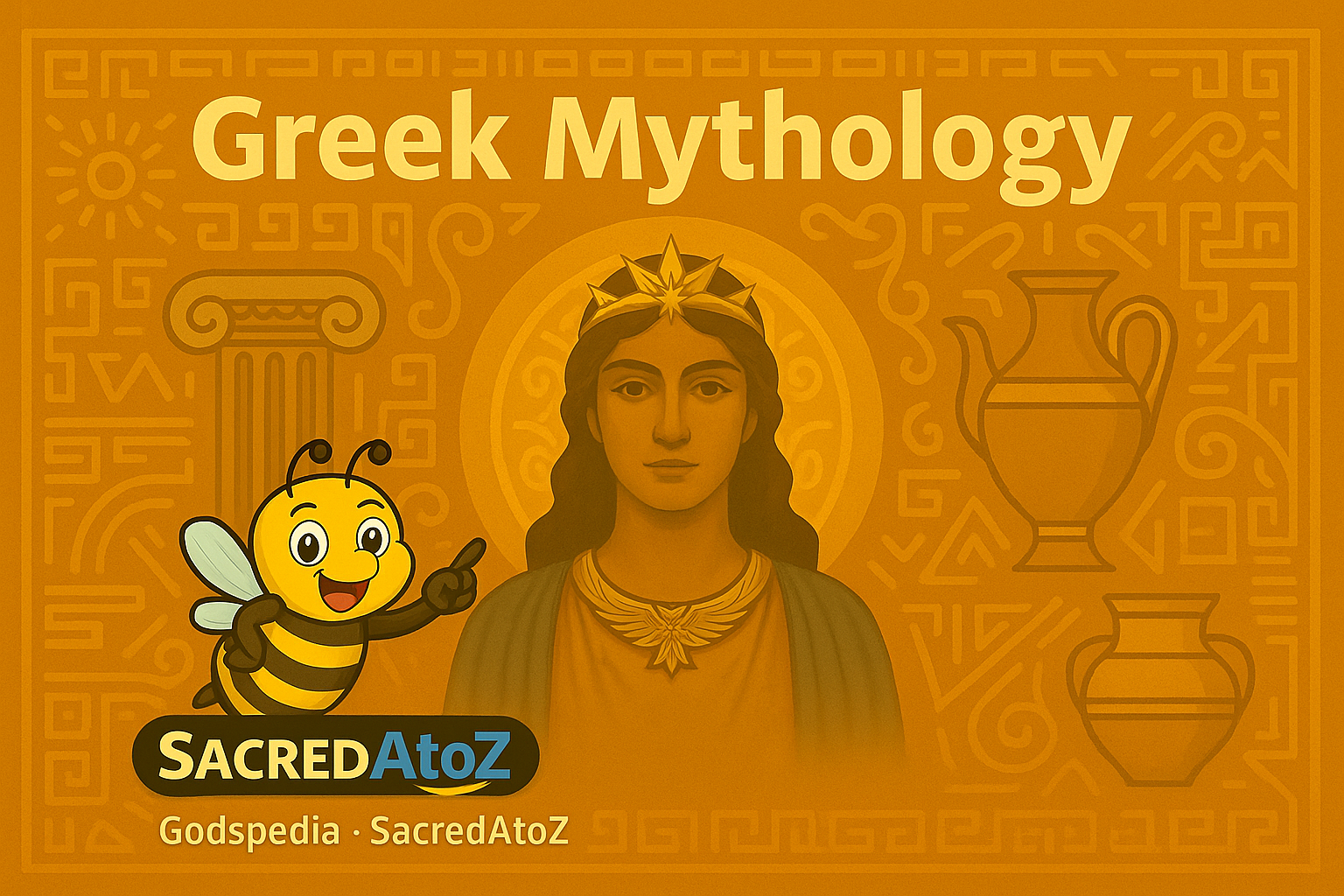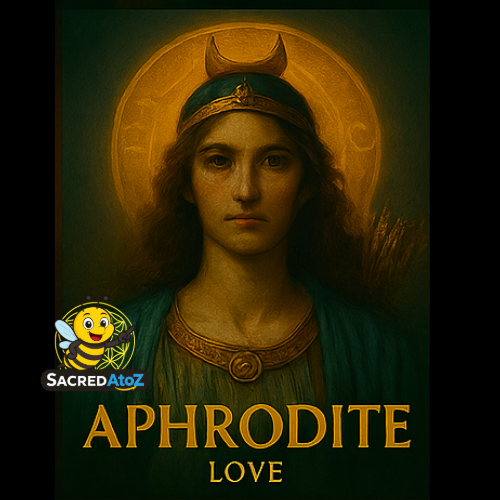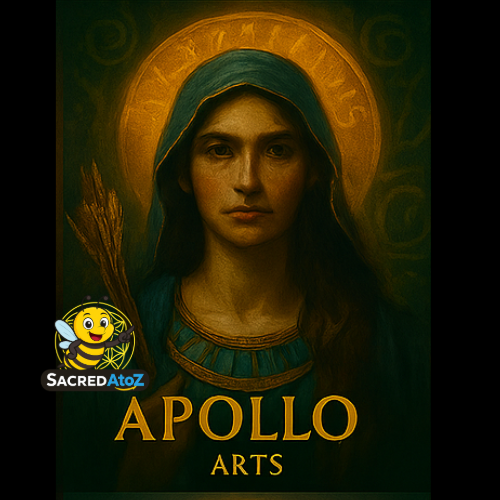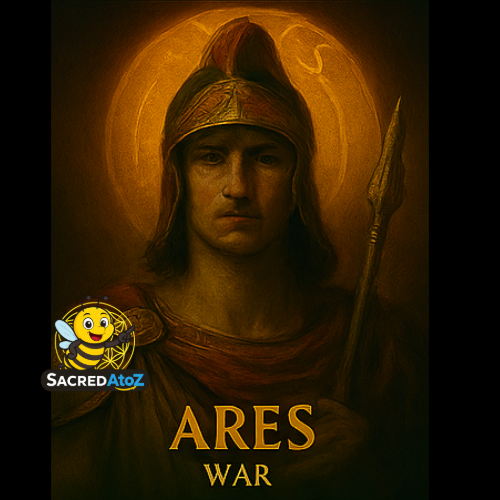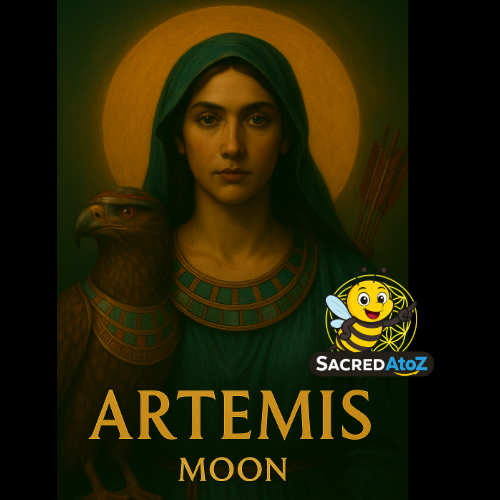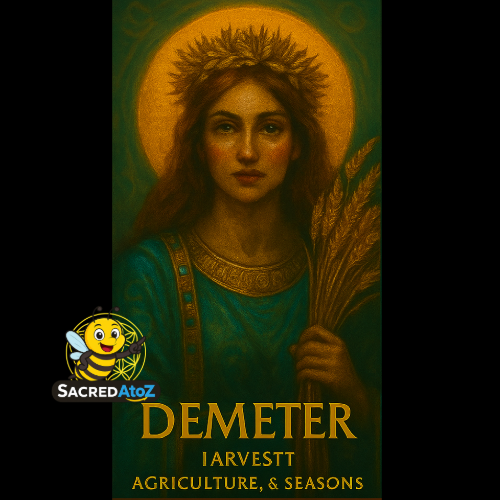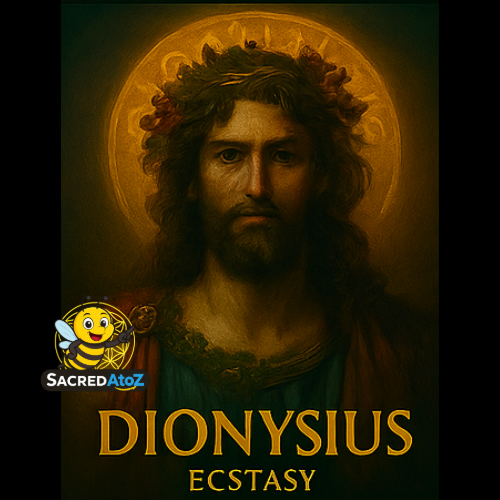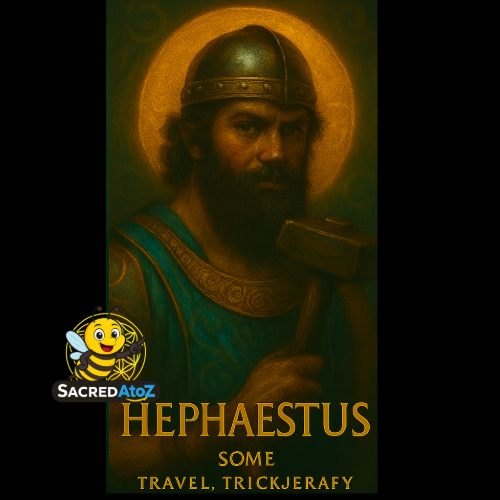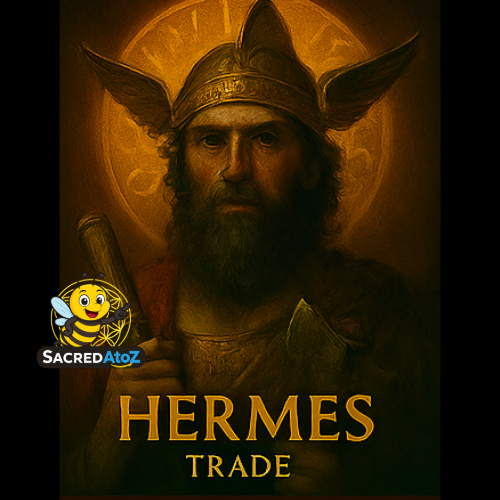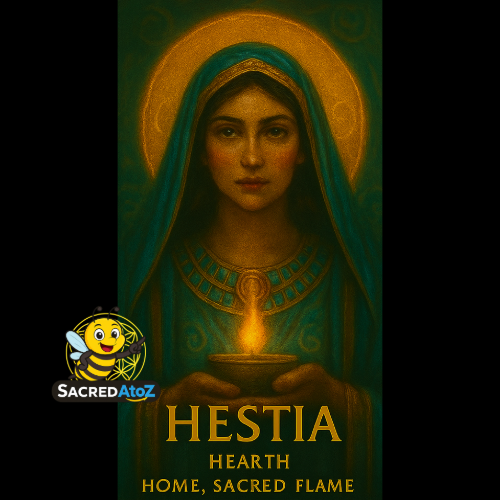Greek
The Greek culture gave rise to one of the most influential mythological and philosophical traditions in human history. Born from the imagination of poets, seers, and philosophers, the Greek worldview united reason with myth, beauty with truth, and humanity with the divine. The gods of Olympus were not distant abstractions but mirrors of human nature, embodying its passions, virtues, and flaws. Through them, the Greeks explored what it meant to live, to love, to suffer, and to aspire toward the eternal.
Origins and Cosmic Order
Greek mythology begins with the Cosmogony—the birth of the universe from Chaos, the formless void. From Chaos came Gaia (Earth), Tartarus (Abyss), Eros (Desire), and Nyx (Night). Gaia gave birth to Uranus (Sky), and together they produced the Titans, the Cyclopes, and the Giants.
When Uranus was overthrown by his son Cronus, time and destiny began to move. Yet Cronus, fearing prophecy, devoured his own children—until his wife Rhea hid the infant Zeus. Zeus grew to power, freed his siblings, and led the Olympian gods in a ten-year war against the Titans, establishing the divine order that would rule the world from Mount Olympus.
Thus began the Age of the Olympians—a pantheon that governed every force of nature, emotion, and destiny.
The Olympian Pantheon
- Zeus: King of the gods, lord of the sky, wielder of lightning, and guardian of law and order.
- Hera: Queen of the gods, goddess of marriage and sovereignty, symbol of divine authority and pride.
- Poseidon: God of the sea, earthquakes, and horses, ruler of the depths and storms.
- Demeter: Goddess of the harvest and fertility, mother of Persephone and the rhythms of life and death.
- Athena: Goddess of wisdom, strategy, and civilization, born fully armed from the head of Zeus.
- Apollo: God of the sun, music, prophecy, and healing—patron of light and reason.
- Artemis: Goddess of the moon, wilderness, and the hunt—protector of women and animals.
- Ares: God of war and bloodlust, embodiment of courage and chaos on the battlefield.
- Aphrodite: Goddess of love, beauty, and desire, born from the sea foam of Uranus’s fall.
- Hermes: Messenger of the gods, patron of travelers, merchants, and thieves—guide of souls to the underworld.
- Hephaestus: God of fire and craftsmanship, creator of divine weapons and marvels.
- Dionysus: God of wine, ecstasy, and rebirth—symbol of liberation through divine madness.
- Hades: Lord of the underworld, ruler of the realm of the dead and the treasures beneath the earth.
- Persephone: Queen of the underworld and goddess of spring’s return—a bridge between life and death.
Cosmology and Divine Law
The Greeks saw the world as a balance between order (kosmos) and chaos (chaos). The gods maintained that balance through fate (moira), necessity (ananke), and justice (dike). Even the gods themselves were bound by destiny, written in the threads of the Moirai—the three Fates who spin, measure, and cut the lives of gods and mortals alike.
Divine law was not arbitrary—it reflected the harmony of the universe. To act with hubris (pride against the gods) was to disrupt that harmony, inviting downfall. To live with arete (excellence) and eusebeia (reverence) was to align with the will of Olympus.
Temples and Sacred Sites
Greek temples were not places of congregation but dwellings for the gods. Each was a perfect expression of balance and geometry, symbolizing divine harmony on earth. The Parthenon honored Athena; the Temple of Apollo at Delphi was home to the Oracle, whose cryptic prophecies shaped the fate of kings and empires.
Across Greece stood sacred groves, caves, and springs—natural temples where mortals could commune with divine presence. Pilgrims came to Delphi, Eleusis, Olympia, and Dodona to seek guidance, purification, and favor.
Rituals and Festivals
Worship in Greece was an act of reciprocity. Mortals offered prayers, sacrifices, and libations in exchange for the gods’ favor. Every act of life—from planting to marriage—was accompanied by ritual.
- Olympian Games: Held in honor of Zeus, celebrating athletic excellence and divine glory.
- Dionysia: Festival of theater and ecstasy in Athens, honoring Dionysus with performances and revelry.
- Panathenaia: Grand festival of Athens in honor of Athena, featuring processions, poetry, and offerings.
- Eleusinian Mysteries: Sacred rites of Demeter and Persephone, promising initiates spiritual rebirth and hope beyond death.
Philosophy and the Search for Truth
Greek thought evolved from myth into philosophy, yet the two remained intertwined. The poets Homer and Hesiod revealed divine law through story; the philosophers sought it through reason. Socrates pursued virtue through questioning; Plato envisioned the soul’s ascent toward the eternal Forms; Aristotle studied nature to find purpose in all things.
For the Greeks, the divine dwelled not in distant heavens but in the harmony of mind, body, and cosmos. To know oneself (gnōthi seauton) was the first step toward knowing the gods.
Symbols and Sacred Elements
- Olive Tree: Symbol of peace, wisdom, and divine favor of Athena.
- Laurel Wreath: Crown of victory and enlightenment, sacred to Apollo.
- Lightning Bolt: Weapon and emblem of Zeus’s justice.
- Lyre: Instrument of Apollo and the Muses, symbol of divine harmony.
- Column and Circle: Architectural and cosmic perfection—reflection of divine geometry.
Philosophy of Life and Death
The Greeks viewed life as a quest for balance between passion and reason, mortal desire and immortal aspiration. Death was a passage to the underworld, where souls were judged and guided to their resting place—Elysium for the virtuous, Tartarus for the wicked, and the Asphodel Meadows for the ordinary.
The greatest honor was to live with virtue, create beauty, and leave one’s name remembered among the stars—becoming, in essence, immortal through deed and wisdom.
Legacy and Eternal Influence
The legacy of Greek civilization shaped the foundation of Western thought—its gods became archetypes, its myths moral lessons, its philosophy the cornerstone of reason. From the art of Athens to the oracles of Delphi, from the tragedies of Sophocles to the dialogues of Plato, the Greek spirit endures as the eternal pursuit of truth, beauty, and excellence.
To the Greeks, to live well was to honor the gods through virtue and art—to rise from mortality toward the divine. Theirs was a world where thunder spoke wisdom, marble breathed life, and every mortal heart held a spark of Olympus.
